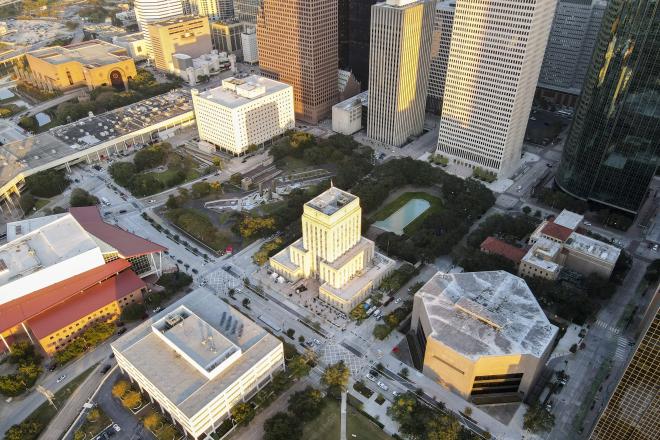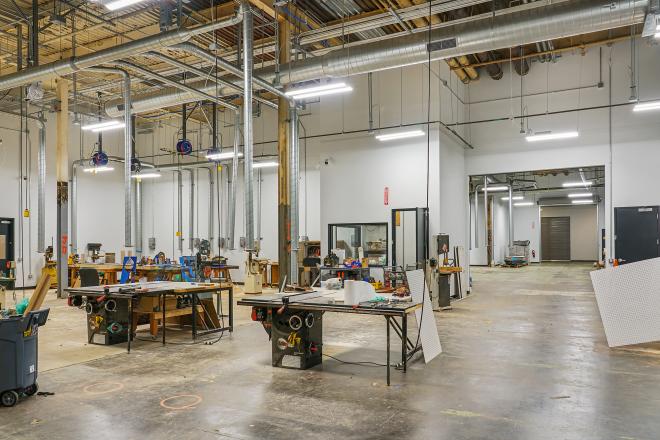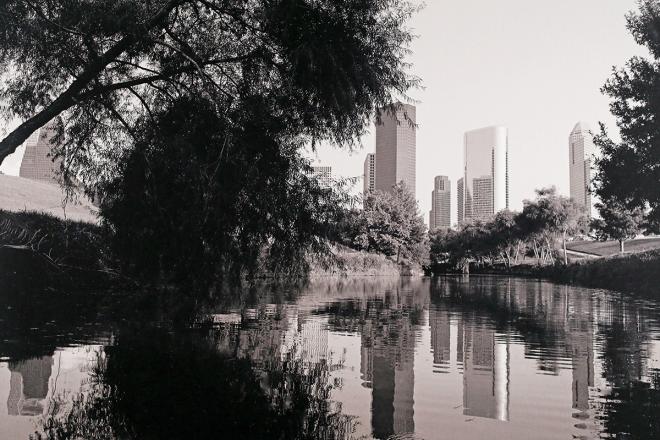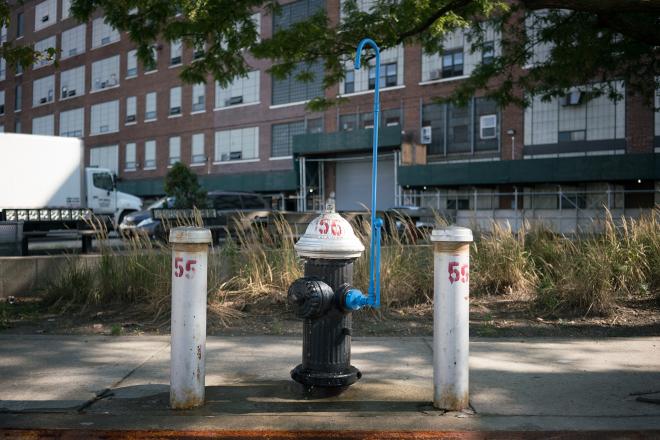
In this series, Christof Spieler gives regular reports on his trip to China for a special issue of Cite. Read more about RDA's China initiative here, which includes a knockout lecture series in the Fall.
The Beijing-Shanghai high speed rail line opened on June 30; I rode it four days later. Cruising along smoothly at 190 mph, I could not help but be impressed by the ambition of this project. It's 800 miles of new, double-track, grade-separated electrified railway. Eighty-six percent is elevated, including two major river crossings; where a hill got in the way it was obviated by one of 22 tunnels. Twenty brand new stations serve cities along the way, and the Beijing and Shanghai stations were completely rebuilt to serve high speed rail. Imagine traveling from Houston to Atlanta by train in 5 hours and you get the idea.

It's nothing short of remarkable that China has gotten to this point. In 1999, China was the last country on earth building new steam locomotives for regular service. In 2003, the first new dedicated high speed rail line opened. In 2006, China was importing high speed rail trains from Europe and Japan; by 2008 foreign-designed trains were being built under license in China; today, a Chinese-designed and Chinese-built train is the fastest mass-produced train in the world. By comparison, the United States built its last steam locomotive in 1953 and still has neither a dedicated high speed rail line nor the capability to design or build high speed trains domestically.
Before I left, I was seeing editorials and online commentary arguing that China was wasting money on high speed rail. That seems to be driven more by domestic debates than by reality in China. There are 90 trains a day between Shanghai and Beijing carrying 165,000 riders a day. I saw a lot of empty highways out the window, but my train was full.
The arguments against high speed rail in the United States reflect a fundamental distrust of large projects. Were the Erie Canal, the transcontinental railroad, the Houston Ship Channel, or the Interstate Highway System proposed today it would meet the same reaction. Those ambitious projects built the United States into the world's economic powerhouse. Today, China is building projects like that and we're arguing whether the government should keep operating. What does that say for our future?










